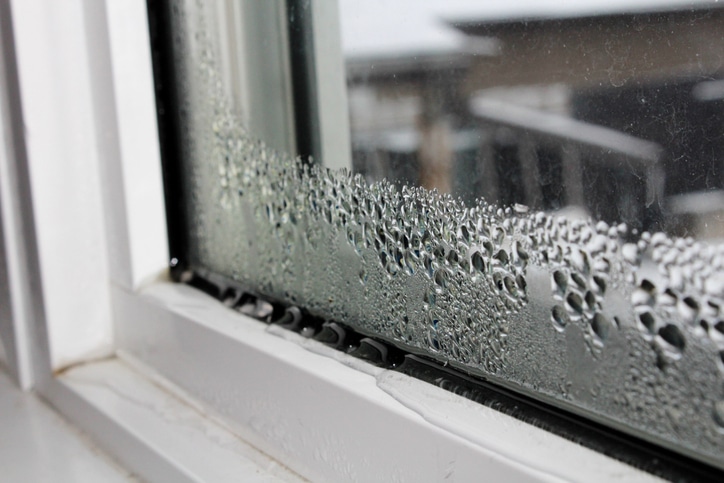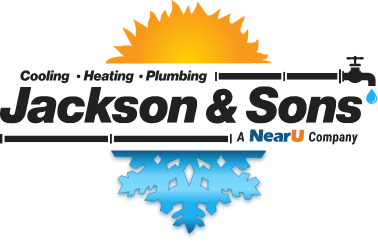
The winter season often presents ideal conditions for HVAC condensation to thrive inside your home. It’s simple physics at work: Water vapor present in warm indoor air meets cooler indoor surfaces. Condensation is the result.
Cold Glass Meets Warm-Water Vapor
Condensation is often most noticeable on windows. That’s because the glass surface typically stays cold during low temperatures outside, while the warmer indoor air contains a high amount of water vapor. Condensation forming on windows causes streaking and soaks the window frame and window sills, promoting mildew, mold, and wood rot. Another source of HVAC condensation are the indoor surfaces of exterior walls, which may remain colder in winter weather. Indoor water vapor condensing on these walls can cause paint to peel and may permanently stain drywall.
Lower Humidity = Less HVAC Condensation
Since cold outdoor weather can’t be prevented, the best way to reduce the effects of condensation is to reduce indoor water-vapor levels. To diminish the effects of condensation in your house this winter, most experts recommend keeping indoor humidity around 45%. Here are additional suggestions to reduce water-vapor levels in your home:
- Kitchens and bathrooms are primary sources of indoor water vapor and should have dedicated exhaust fans installed. After cooking, showering, or bathing, exhaust fans should be run for at least 30 minutes.
- Drier exhaust contains humid hot air. Make sure the drier is connected to a vent pipe that extends to the exterior of the house. Clean the lint filter and periodically inspect the pipe to make sure that accumulation of lint is not obstructing the free flow of drier exhaust.
- Where condensation on windows is an issue, consider replacing standard windows with double-pane insulated glass. This eliminates the cold surface that triggers condensation and causes damage.
- For comprehensive indoor humidity reduction, a whole-home dehumidifier installed in the HVAC ductwork will maintain precise programmed humidity levels throughout the house all year.
For more advice about preventing the effects of excessive HVAC condensation this winter, contact the professionals at Jackson & Sons.

